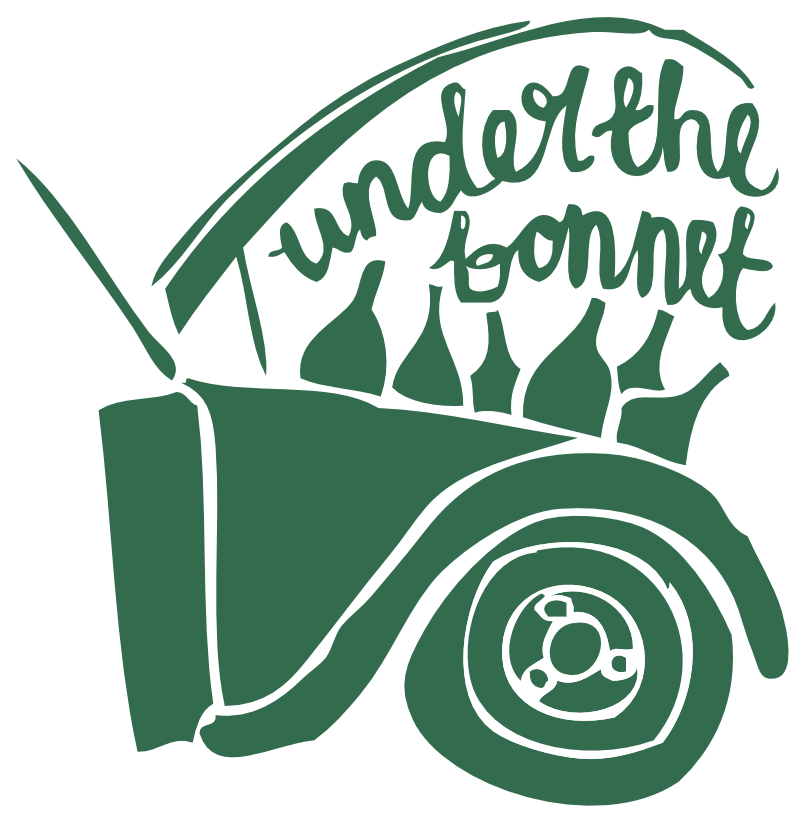Germany, Pfalz, Bockenheim
Our chat with Daniel & Jonas (May 2020):
How have things been going for you over the last few months?
To be honest, the pandemic hasn’t affected us massively in our daily lives. We are so engulfed in our work in the vineyard. It was nice for Jonas to be able to slow down as well as he was gone most of last year.
We were also lucky in a sense that most of our workers, who come mainly from either Germany or Romania, stayed around during the lockdown here with us.
We’ve enjoyed using this time to slow down and really take care of the vineyards.
What happened business wise is that as soon as the lockdown started most of the wholesale orders got cancelled. This was right at the beginning and if you would have talked to me then, I would definitely not be in such a good mood.
What happened then was that we adapted and did deliveries to private customers instead. People were stuck at home but they still wanted wine! So from then on it went uphill. But overall I think we were making about 50-60% of our usual profits, which was better than expected. Now things are looking better again and we have picked up another 20%.
We are relying heavily on our importers and we think everyone has done a great job to adapt themselves to the situation.
Also it was interesting to see how the online wine business has developed in Germany during this time. It was rather slow before and it has really picked up speed. A lot more people seem to be interested in natural wines, which is great. I put it down to everyone being bored at home and willing to try out new things, rather than going out in groups and picking a “regular” wine which is more likely to please everyone.
What has Jonas been up to?
We’ve had quite a lot of requests for online tastings and vineyard tours, as well as live chats, so he’s been keeping up with that as well besides the work on the vineyard.
I think digitally we’ve developed at a massive rate over the last three months. We’ve probably done as much as we would have in two years.
Are there any special projects you are working on at the moment?
We are currently experimenting with some old vines where we are creating a sort of hybrid by connecting them to young, new vines. More on this to come!
We are also putting in a lot of effort in creating a really flourishing polyculture around our vines. We will be planting some lavender as well as trees and even vegetables, to create a balance so eventually the vineyard sustains itself.
And how has it been climate wise for you so far?
Really good, we were lucky to avoid the frost this year. We’ve also had a really wet winter so the soils should have plenty of water reserves for summer. We’ll wait and see how it’s gonna go!
Now in Stock
SPARKLING
NEW 2019 White Pet Nat - Silvaner, Pinot Blanc
WHITE
2018 Riesling Vom Berg - Riesling
NEW 2019 Wilder Satz
Grape varieties for 2019 are: Müller Thurgau 38%, Riesling 7%, Kerner 8%, Silvaner 8%, Chardonnay
18%, Weissburgunder 18%, Grauburgunder 3%. Müller Thurgau fermented in stainless steel with an addition of a tea brew inside the tank as well as Riesling grapes (maceration carbonique). Riesling 24h maceration, Kerner from 2018 was macerated for 10 days and 2019 which was also fermented tea-bag-style with Riesling. Silvaner, Chard, Pinot Blanc and Pinot Gris were short macerated overnight.
2018 Müller Thurgau Pur - Muller Thurgau
2018 Pinot Blanc Holy Chapel - Pinot Blanc
2018 Riesling Monastery - Riesling
RED
NEW 2019 Brand Red - Portugieser
WHOLESALE ONLY
FOR PRICE LIST ENQUIRIES, EMAIL hello@winesutb.com



















